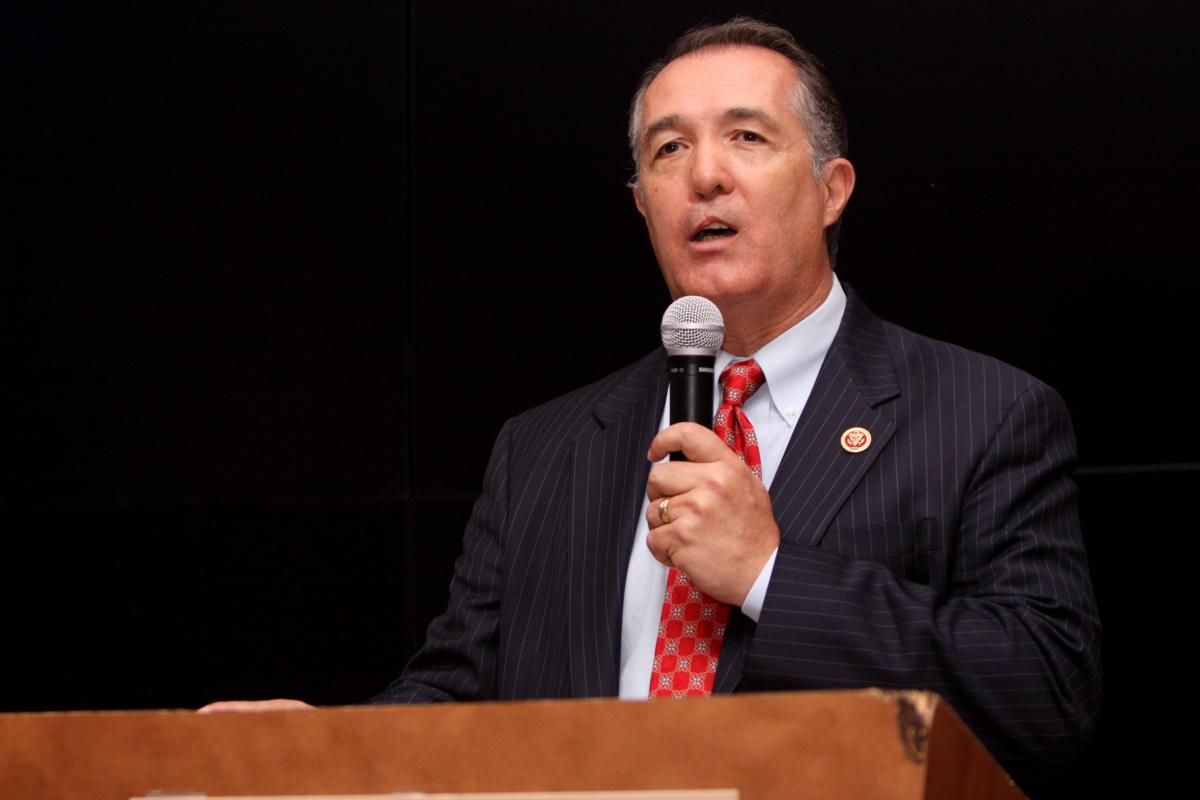In an interview with Family Research Council president Tony Perkins yesterday, Rep. Trent Franks (R-AZ) once again expressed confidence that his bill banning abortion after twenty weeks will pass the House. The bill, known as the Pain-Capable Unborn Child Protection Act, is set to come to the floor today.
Franks framed the bill as a heroic attempt to protect mothers and children from “heartless monsters” like convicted abortion doctor Kermit Gosnell. While Gosnell was a criminal outlier, anti-choice activists have seized on his case to undermine reproductive rights. In an Akin-esque clarification, Franks stated “the medical community – that is, the legitimate medical community,” says that unborn children are able to feel pain twenty weeks. Franks’ source of “legitimate” medical knowledge appears to be a single 2007 paper that used rats as test subjects. The American College of Obstetricians and Gynecologists actually opposes the bill, as well as the validity of the twenty-week pain threshold.
Franks: The Pain Capable Unborn Child Protection Act is very truly and simply a deeply sincere effort to protect both mothers and their pain-capable unborn babies entering their sixth month of gestation from these heartless monsters like Kermit Gosnell. That’s the simplest way I know to put it.
Perkins: And Congressman there’s a reason behind this where you have chosen this mark of twenty weeks. This is not just arbitrary but this is based on the testimony of medical and scientific experts that have talked about what takes place at this twentieth week of pregnancy.
Franks: Tony, that’s right. You know, the overwhelming consensus in the medical community, that is, the legitimate medical community, says that these unborn children feel pain at the end of the fifth month or earlier. And the real question here- this is the bottom line. The real question is not whether these unborn children entering their sixth month of gestation are capable of feeling pain. The real question is are we. That’s the big one.






